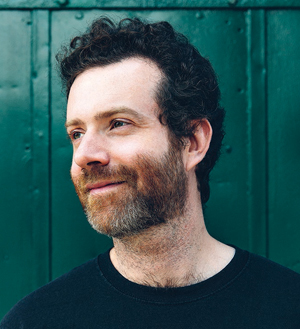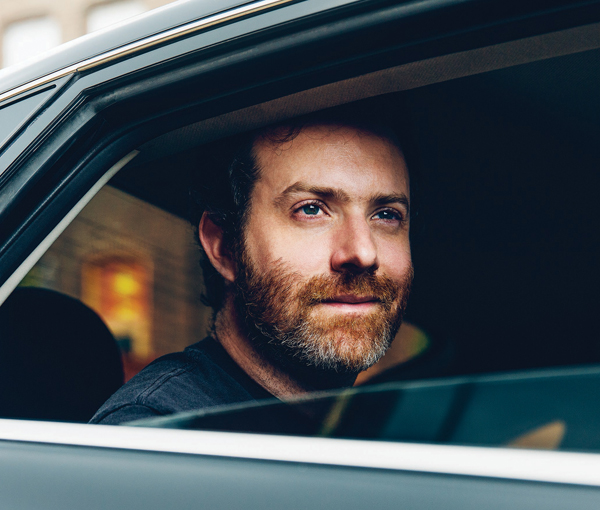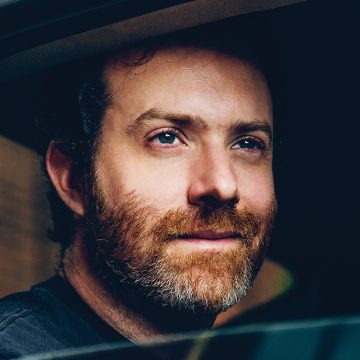One afternoon in February of 2015, Jeremy Millard was surfing the web. He was clicking around when he stumbled across what he immediately recognized as a once-in-a-lifetime job posting. Uber, perhaps the most famous tech startup in the world, was looking to hire its first legal director to oversee its business in Canada.
Millard was now alert. At the time, he was content with his career — he was a senior associate in the litigation group at Dentons — but the thought of working at Uber was irresistible. And not simply because the ride-hailing app was popular (it now boasts 75 million users worldwide) and successful (since its founding, a decade ago, its valuation has risen to US$62 billion). For Millard, the real draw was the fact that the company had the power to reshape the urban landscape. He wanted to be part of that mission.
But as he looked over the job posting, he started to panic. “I noticed it had been up for two weeks,” recalls Millard. “I was worried I had missed my chance.” He sprang into action. “I logged onto LinkedIn, found one of the recruiters and wrote a message saying, ‘Don’t hire anyone! I’ll get you a package tonight.’” The next day, the recruiter contacted him to schedule a phone interview. Four months later, after an intense recruitment process, he got the job.

“I still truly believe this company is a real force for good in our society,” says Jeremy Millard.
His belief that Uber is making the world a better place has only intensified. “Let’s start with the environment,” he tells me, sitting in a boardroom at Uber’s Toronto office, situated in Liberty Village, the heart of the city’s tech scene. “This has been the greatest social, political and economic issue of the last half-century. It’s been so hard to make progress, but we now have technology that allows people to move around using fewer cars.” Millard is talking about UberPool, which facilitates carpooling among riders. “It’s such an amazing development.”
He swiftly moves on to self-driving cars, which Uber has been pouring money into over the past several years. “It will save lives,” he says. “The promise of this technology is to eliminate human error in driving. That’s at the base of it.”
Millard arrived at Uber at a pivotal moment. It was the summer of 2015 and the City of Toronto was in the process of drafting new regulations that would govern the ride-hailing industry. So his first job was to keep in touch with the city as it completed this work. “I learned that regulators don’t want to stifle a business that the public values,” says Millard. “We both want to better serve society.”
In 2016, Toronto announced the new regulations. Among other things, Uber would have to charge a 30-cent tax on each trip, to be paid to the city. And all drivers would have to place an Uber sticker on their back windshield. It fell to Millard to make sure the company was in compliance. “During that phase, we needed someone who could come in and provide sage legal advice,” says Adam Blinick, the director of public policy and communications at Uber Canada. “Jeremy is such a calming force.”
The tech world is known to take bold risks without paying much thought to the consequences. This philosophy is best captured in Mark Zuckerberg’s long-time mantra: “Move fast and break things.” But Millard’s approach to the law is quite different. “He likes to think first, then act,” says Barbara Grossman, a litigation partner at Dentons who mentored Millard when he was an associate. “Today’s fast-paced world has created lawyers who want to act fast and think later, but Jeremy was never like that. He’s a little old-fashioned in that respect.”
Over the past three years, Millard’s workload has been intense. But this April, following the birth of his first child, a son, he took a seven-week parental leave. His wife, Alexandra Kimball, a freelance magazine writer, is taking a full year. “He came a month early,” says Millard. “So there was a lot of work to do, like preparing a nursery.”
When I meet with Millard, he’s been back at the office for a month. He’s full of energy and optimism. But near the end of the interview, I wonder if that enthusiasm ever flags. After all, it’s no secret that Uber is a lightning rod for controversy. In the past two years, there’s been a major data hack (which affected 57 million customer and driver accounts) and an internal investigation into sexual harassment at the company’s Silicon Valley office (which cost 20 employees their jobs). Had either of these scandals shaken Millard’s faith? “No,” he says. “And I say that because the difficulties that we went through were by and large internal company matters. None of it detracted from the power of our technology. I still truly believe this company is a real force for good in our society.”

Timeline of a legal director
1995 (spring): Millard graduates from Crescent School, an all-boys private high school in Toronto.
1995 (fall): He moves to New Haven, Connecticut, to begin his undergrad at Yale. “I wanted to go into politics,” recalls Millard. “So I enrolled in the political-science program, which was known to produce actual politicians.”
1999: His heart still set on a political career, he begins law school at the University of Toronto.
2002: Millard clerks at the Ontario Superior Court.
2003: At the turn of the century, major American law firms started to aggressively recruit in Toronto. Millard gets caught up in the excitement and moves to Boston to join Goodwin Procter LLP.
2005: Millard heads to the University of Oxford to pursue a master of philosophy in politics. “This was my last chance to be a scholar.”
2007: He moves back to Toronto and joins FMC — six years before it merged with Dentons — as an associate in the litigation group. He volunteers regularly with the Liberal Party. “My plan was to make partner and then get my name on the ballot in the next election.”
2015: Millard becomes the legal director of Uber Canada. He puts his political ambition on hold. “All of the ideals that attracted me to politics are fulfilled here.”
This story is from our Fall 2018 Issue.
Photography by Jim Ryce


